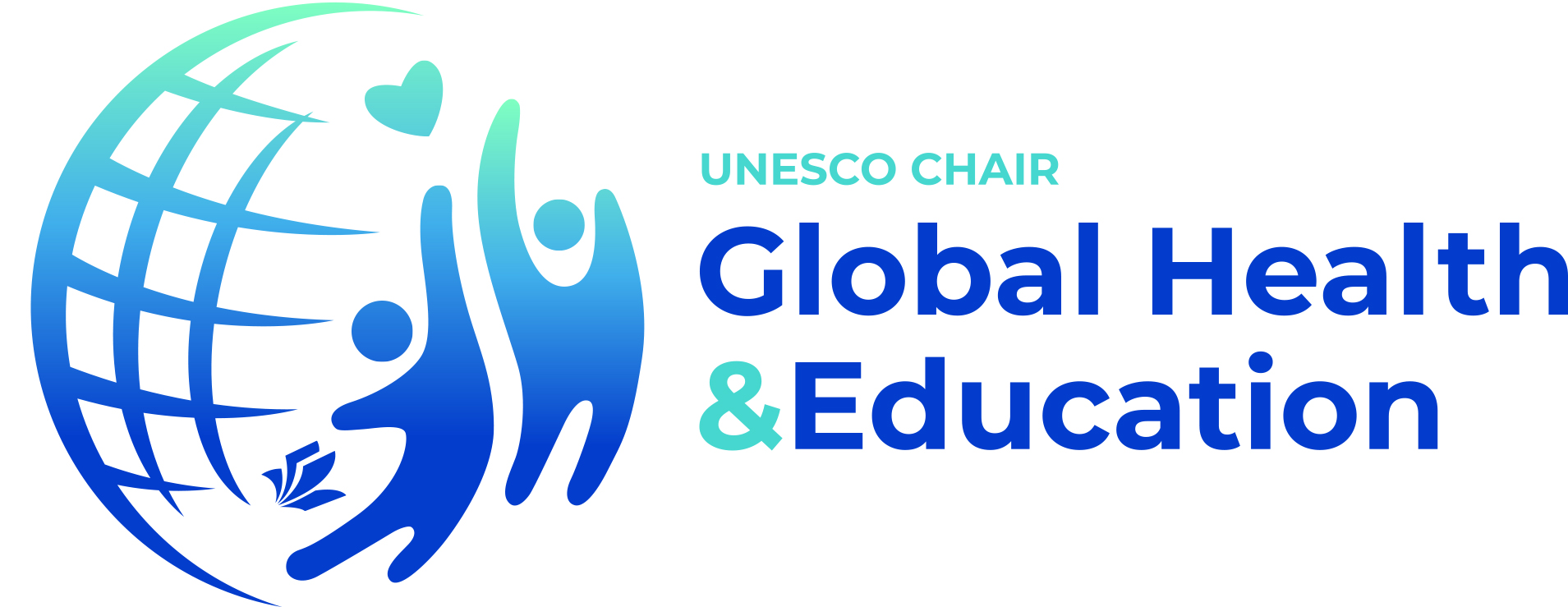On 8 February UNESCO, UNICEF and the WFP launched a new report “Ready to learn and thrive: School health and nutrition around the world”. The report shows that 1 in 3 schools in the world still lack access to drinking water and basic sanitation facilities while we know that investing in school health and nutrition has a significant positive effect on children’s academic achievement. The provision of school health and nutrition incentivize children to come to school, and to stay there. School meals alone increase enrolment and attendance rates by 9% and 8%, respectively.
De-worming and micronutrient supplementation can result in pupils attending school for 2.5 additional years in places where anaemia and worm infections are prevalent. The report also addresses other issues such as the promotion of eye care, mental health and well-being of children and the prevention of school violence.
The report underlines that all these measures represent a significant return on investment for countries, in addition to improving the daily lives and study conditions of children.

Insufficient and unequal investment
The investments made by countries around the world in school health and nutrition programmes, are unequal from one region to another and often insufficient compared to the needs. Stronger commitment from national governments and support from the international community are essential.
Currently, almost 1 in 3 schools (31%) do not have safe drinking water and basic sanitation facilities. This means that an estimated 584 million children have limited or no access to basic drinking water services at school; 2 in 5 of these children live in sub-Saharan Africa. And while almost all countries in the world provide school meals, an estimated 73 million of the most vulnerable children still do not benefit from these school feeding programs on the ground.
Affordable concrete solutions to meet local needs
UNESCO, UNICEF and WFP appeal to international community, countries and partners to step up actions to protect and promote the physical and mental health, nutrition, well-being and development of all learners. All stakeholders are urged to focus on key interventions appropriate to local contexts and needs, including: the provision of school meals; vaccinations; de-worming; psychosocial support; skill-based health education that enables learners to lead healthy lives; and safe and inclusive learning environments that promote health and well-being.
More about the authors
The report is launched by three publishing partners UNESCO, UNICEF and WFP, in collaboration with the Food & Agriculture Organization (FAO), Global Partnership for Education (GPE) and World Health Organization (WHO), and with support from the Research Consortium for School Health and Nutrition, the World Bank and the UN-Nutrition Secretariat.

